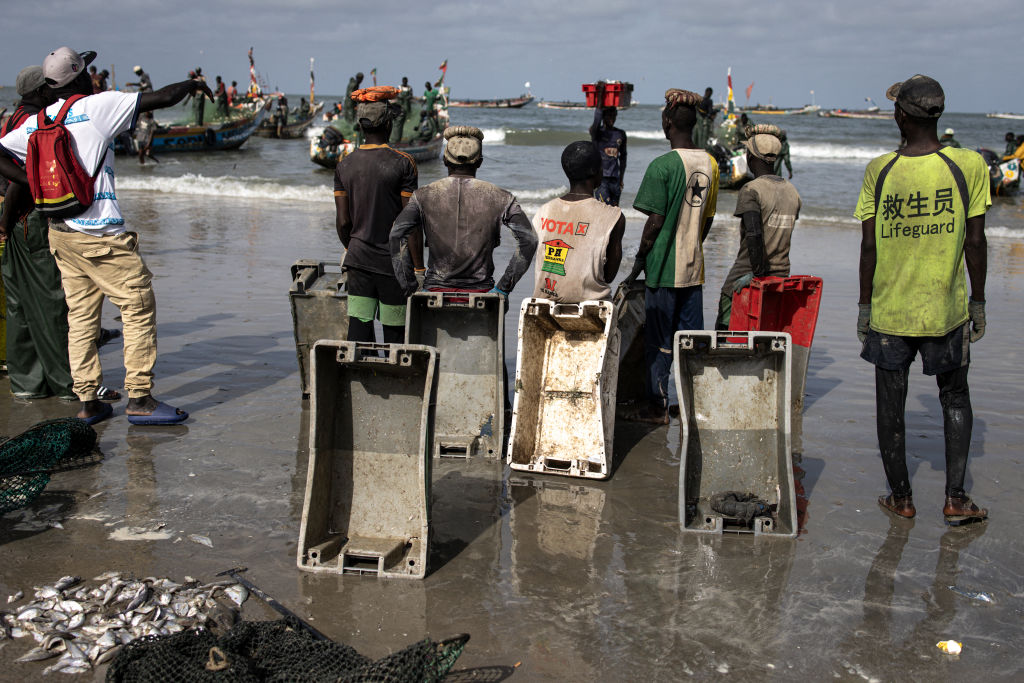
The Ministry of Fisheries and Maritime Economy has published the official list of vessels licensed to operate in Senegalese waters for 2025, a move hailed as a milestone in transparency and governance in the country’s fishing sector.
The release, made public on Friday, marks a decisive shift in the management of maritime resources. Authorities aim to strengthen oversight, limit corruption, and provide a reliable framework for monitoring the activities of both industrial and artisanal fleets.
The list is now accessible to the public, enabling civil society organizations, local fishermen, and other stakeholders to verify which vessels are authorized to fish in Senegalese waters.
“This publication represents a break with past practices. It is a major innovation, as this information was previously difficult to access,” officials said.
The ministry emphasized that the initiative seeks to build trust with artisanal fishermen and the public, while ensuring stricter regulation of the sector and protection of marine resources.
Fishing is a vital component of Senegal’s economy, contributing over 3% of GDP and supporting thousands of livelihoods along the coast. Licensing practices have long been a source of controversy, with fears of overexploitation by industrial fleets and opaque administrative procedures.
By making vessel information publicly available, authorities hope to strengthen traceability and legitimacy in decision-making.
The measure also aligns with the government’s broader strategy of reappropriating resources following the conclusion of certain foreign agreements considered overly favorable. .By prioritizing sustainable management, Senegal seeks to protect artisanal fisheries, preserve stocks, and comply with international maritime governance standards.
The ministry underscored that the publication of the list is more than a regulatory measure; it is a tool for modern governance.
Authorities hope it will also facilitate regional cooperation and encourage responsible investment in the sector, reinforcing Senegal’s role as a leader in sustainable fisheries management in West Africa.
The full list of authorized vessels is now available for public consultation, underscoring the state’s commitment to open governance and sustainable exploitation of marine resources.



